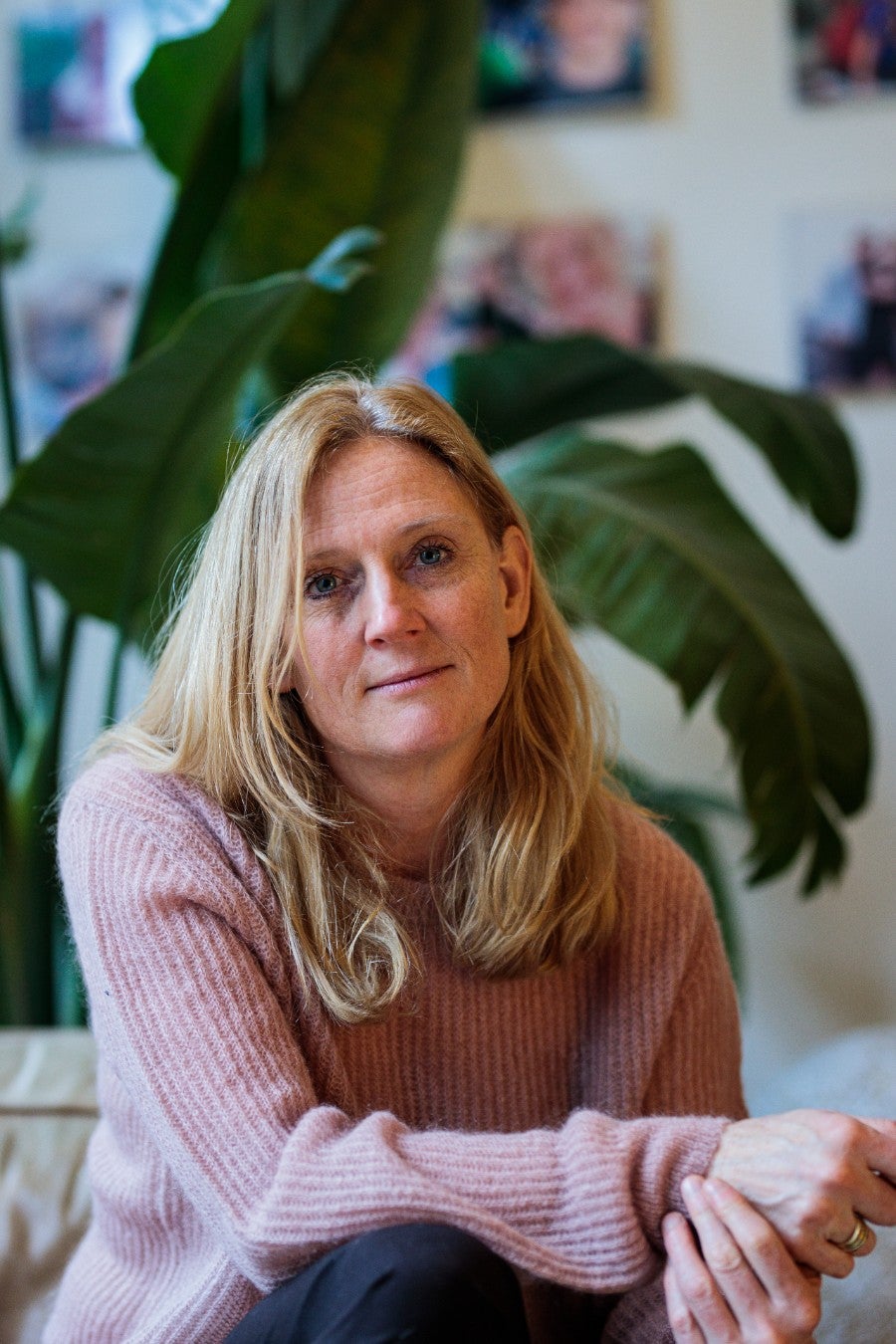According to VU economist Marilieke Engbers, the transcripts of boardroom meetings don’t reveal everything behind the decision-making process. „A lot remains unspoken.”
In an e-mail before our scheduled telephone interview, Marilieke Engbers (52) asked if we could postpone the call. „My Wednesday morning walk is sacred. But with the current storm around the publication of my book, that sometimes results in an internal conflict.”
Conflicts aren’t always bad, however, as Engbers explains in her recent book Onder commissarissen (Among Directors), which was nominated for the best management book of 2022. When you don’t try to avoid conflicts, you continue to grow. Her book shows how unspoken factors – interpretations, emotions, blind spots, and therefore conflicts – influence decision-making in the boardroom."
In your book, you describe how directors often lack the time to really understand what’s going on in a company. That seems like an easy problem to solve.
„You’d think so, wouldn’t you? But in practice, directors are often members of several boards (Boards of Directors, ed.), and they only meet a few times a year. So how can you know what’s going on in the organisation? It’s more than just reading the annual report. If the directors don’t know what’s really going on in the organisation, because they’re only involved part-time, then how can their decisions make a difference? It also means that the company’s CEO is evaluated by people who have much less understanding of the organisation’s activities than the CEO."
„And when the directors do come together, they don’t have much time for a lot of agenda items. They only have a few hours to comply with a lot of rules and to make important decisions. Such a full agenda doesn’t encourage the sharing of reflections, dilemmas and uncertainties and to think about important issues.”
How did you uncover what else was going on, aside from what was said at the meetings?
„I listened to what they said at the meeting, then asked the board members in person what they’d thought and felt during the meeting, but didn’t say. In the process, I discovered that directors and CEO's interpreted parts of the meeting differently, but didn’t share it with one another. That’s partly due to the lack of time, but also because when things get tense, a lot of relevant issues are discussed in the corridors rather than during the formal meeting. If conflicts about the substance automatically become interpersonal conflicts, then conflicts won’t be addressed openly."
„The idea is that the directors are ‘man enough’ to say what they think about the CEO and the organisation. But that doesn’t appear to be true."
„Avoiding open interpersonal conflict about one another is in everyone’s interest, because the conflict damages the mutual trust among the members, and therefore the quality of the decision-making. And people definitely don’t want an open conflict with the CEO, because the directors rely on the information that the CEO has about the organisation.”

So it doesn’t help that the CEO in question is also attending the meeting.
„Exactly. The idea is that the directors are ‘man enough’ to say what they think about the CEO and the organisation. But that doesn’t appear to be true. They, too, are afraid to be excluded if they disagree with the director or their fellow commissioners. The result is that they all project a facade that everything’s fine, when they actually have some strong opinions about each other. And that presents a potential danger. If they don’t ask enough follow-up questions about certain issues, take what’s said at face value, or gossip too much about other members, then they could make the wrong decisions. And that can have major consequences for society at large. Just look at the ING money laundering scandal or the debacles at Vestia, DSB and Eneco. Despite all the rules, codes, directors and external supervisors, we still haven’t been able to prevent these debacles.”
John de Mol was recently in the news due to harassment at television programme The Voice. What’s your take on that?
„What I miss in the debate about The Voice is the role of RTL’s Board of Directors. Who holds the mighty John de Mol accountable? The directors have some responsibility as well. It’s possible that John de Mol was really unaware of the abuses. I call that ‘CEO disease’. Even if the CEO claims to be open to criticism, employees still don’t dare mention what’s really going on. So not enough information flows up to the top.”
„It also isn’t my intention to denigrate board members."
What do directors think about your book?
„I’ve received mostly positive reactions. People say that now we have words for the serious dilemmas directors face. It also isn’t my intention to denigrate board members. They’re generally nice people who want to do the right thing, but who try to do so by following rules that I believe aren’t effective. I hope that my work will help them develop the language to discuss the many dilemmas, and to have a real talk about the rules of the game."
„Sometimes I think: will my book just add more dilemmas for directors, who already don’t have enough time as it is? Have I made the directors’ job more difficult? But I think we first need to embrace that complexity, and then look at how we can improve the rules of the game.”








